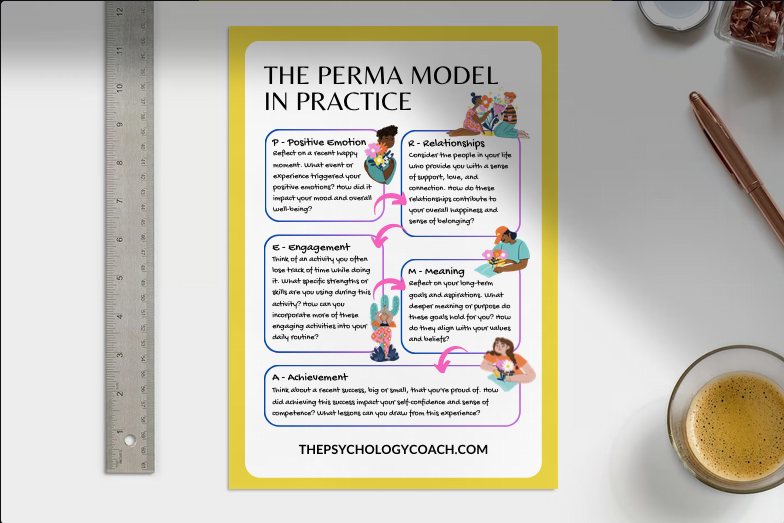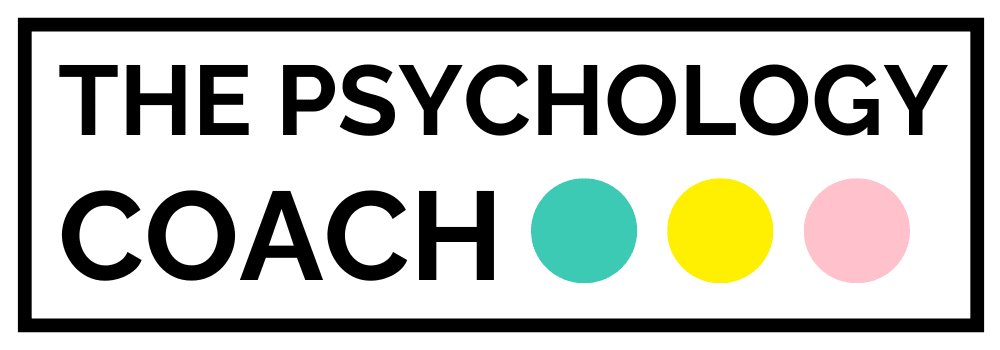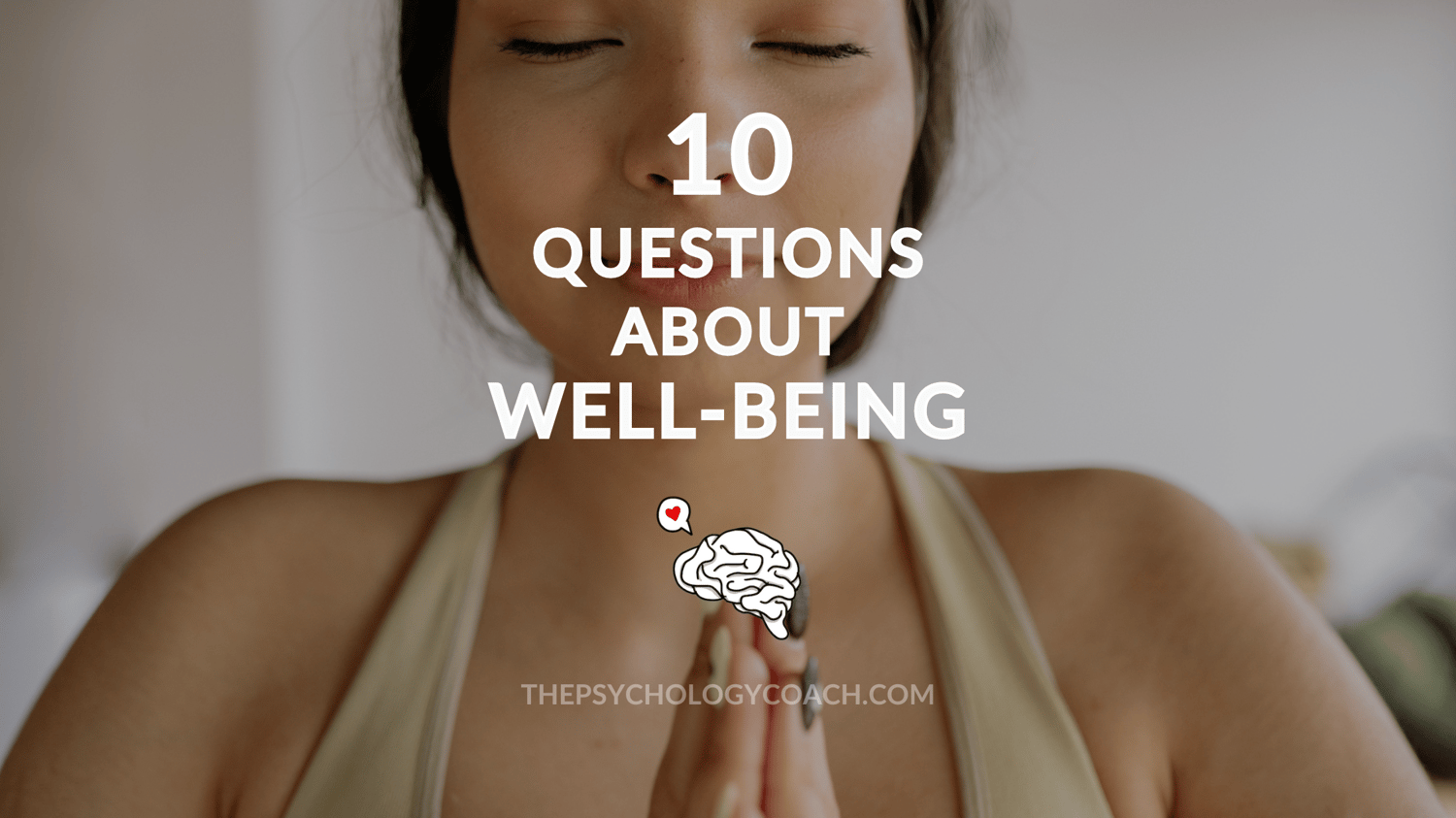The Cambridge Dictionary defines well-being as "the state of feeling healthy and happy". The World Health Organization offers us a more robust outlook, suggesting that well-being "encompasses quality of life and the ability of people and societies to contribute to the world with a sense of meaning and purpose".
In Psychology literature, we also find different definitions and approaches to well-being. Diener defined subjective well-being as the "self-evaluation of one's life as pleasant, interesting, satisfying, and meaningful". Seligman suggests that well-being is experienced in different degrees by each individual and it relies on five factors: positive emotion, engagement, relationships, meaning, and achievement.
Well-being is thus a complex concept. The more we read into multiple definitions, the easier it is for us to feel overwhelmed and confused. With this said, my aim in this article is to offer ten quick answers to some of the most frequently asked questions about well-being.
1. Why is well-being important?
Well-being is positively correlated with important health and life satisfaction factors such as positive relationships, reduced stress, increased productivity, and creativity.
2. Are well-being and mental health the same?
No. Well-being is a broader concept. It includes mental, emotional and physical health.
3. Are well-being and happiness the same thing?
No. Although both terms have been used interchangeably, they are not the same. Happiness is a specific human emotion that contributes to well-being. However, it is not the only factor that contributes to well-being.
4. Can well-being be measured?
Yes. Due to the complex nature of the concept though, we find more than one measure in literature. Some of its measuring tools include self-reports, physiological measures, observational studies, and performance-based measures.
5. How can well-being be improved?
Being a multidimensional concept, there are several ways well-being can be improved. Strategies often involve, but are not limited to, lifestyle changes, self-care practices, and connection with a sense of purpose.
6. Which interventions are most efficient?
The success of any well-being intervention depends on a combination of individual and context factors. It also needs to respond to identified needs and it can include one or more intervention approaches (e.g. exercise, diet, mindfulness).
7. How does well-being affect productivity?
Well-being and productivity positively influence each other. Greater well-being tends to lead to greater productivity, and vice-versa.
8. What interventions increase productivity?
When it comes to interventions, productivity can be increased by activities and programs that aim to reduce stress, boost energy levels, increase motivation, and improve work relationships and decision-making.
9. How is well-being related to Creativity?
Well-being and creativity seem to be positively associated. Greater well-being leads to greater creative expression, and vice-versa.
10. What creative interventions can increase well-being?
Painting, writing, or music have been shown to have a positive impact on well-being. Such activities tend to reduce stress, improve mood, and facilitate self-expression.
Conclusion
Although well-being is a multidimensional concept, research is clear about the positive influence it has on productivity, creativity, and mental health. The better we feel about our life experience and existence, the more productive, creative and mentally healthy we are likely to be.
There is no one-size fits all and it is a lifelong commitment, but discovering what enhances your well-being can also be fun and interesting. You can start by reflecting on Seligman's PERMA model. Have a look into how you can add more positive emotions to your day or what type of relationships work best for you.
To help you put this knowledge into practice, I prepared a one-page worksheet for you. It includes all five factors of Seligman's model and questions that will facilitate both reflection and action. You can download it for free from my shop. You may also like to read "How to Lead a Good Life According to Psychology", where I describe Seligman's tripartite model of happiness.




Comments ()